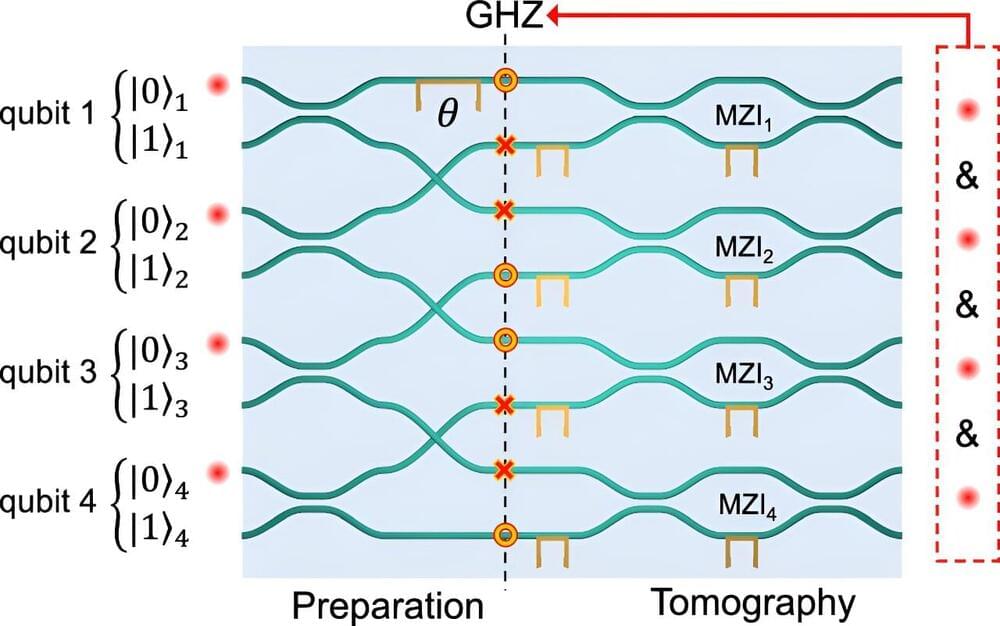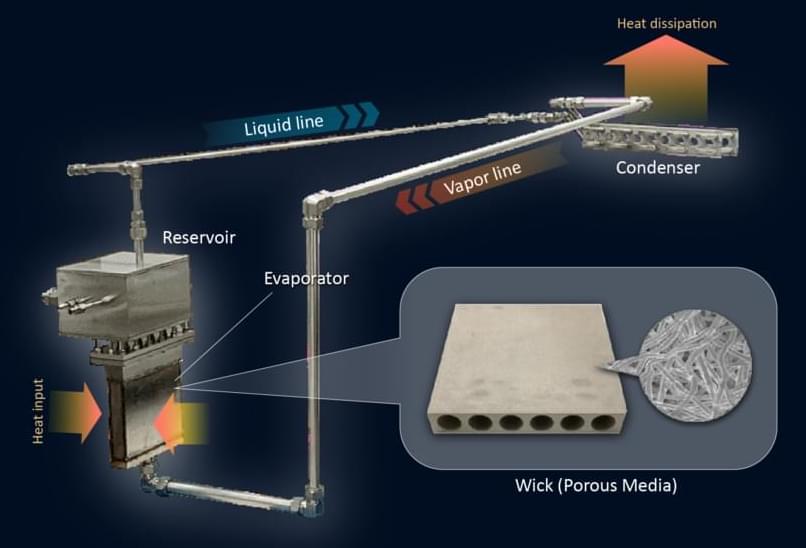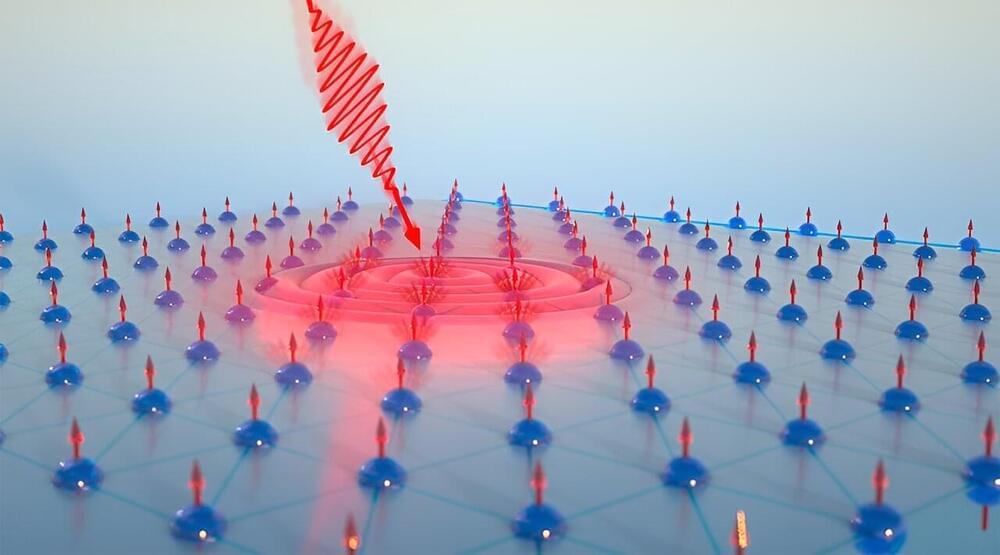With inventions like a nanomaterial-based battery for IoT and nanoscale transistors, the future of nanotechnology in this field seems to have potential. For now, any large-scale applications are likely years away. Companies must overcome technical, cost, and implementation hurdles before progressing to mass-market applications.
However, numerous nanoscale-sized discoveries and inventions will likely emerge in the coming years. As the value of nanotechnologies and IoT continue increasing, more investors, business owners, and researchers will explore possible use cases. While their inventions may not hit shelves for years, their development speed will surely accelerate.







